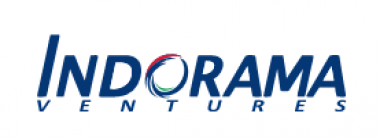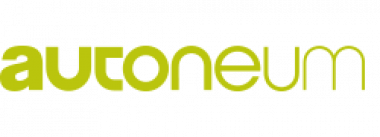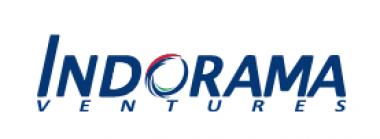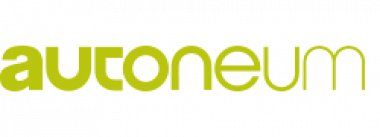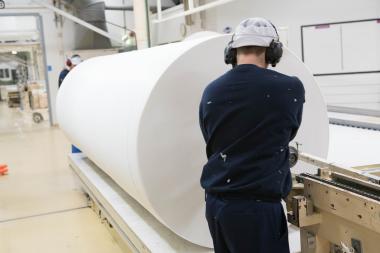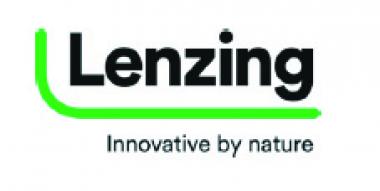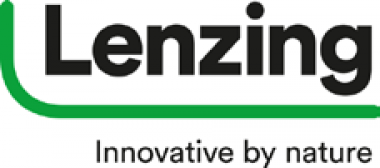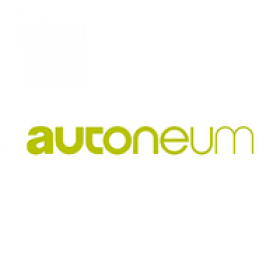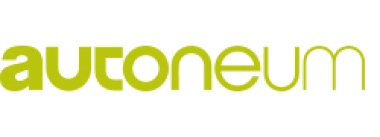adidas completes second share buyback program in 2021
-
More than 8 million treasury shares cancelled
adidas announced today the completion of its second share buyback program this year. Between October 18, 2021, and November 25, 2021, the company bought back 1,619,683 shares for a total amount of € 450 million, corresponding to an average purchase price per share of € 277.83. Taking into consideration the first share buyback conducted during the third quarter, adidas bought back 3,471,205 shares for a total amount of € 1 billion in 2021. Including the dividend payment of € 585 million in May, the company returned nearly € 1.6 billion to its shareholders this year.
Strong cash returns are an essential part of the company’s new strategy ‘Own the Game’. Driven by the significant top-line growth and strong bottom-line expansion, adidas will generate substantial cumulative free cash flow until 2025. The majority of this – between € 8 billion and € 9 billion – will be distributed to shareholders through regular dividend pay-outs in a range of between 30% and 50% of net income from continuing operations, complemented with share buybacks.
“‘Own the Game’ is a growth and investment strategy resulting in significant value creation,” said Harm Ohlmeyer, CFO of adidas. “Dividends as well as share buybacks are key components of this. Against this background and given our positive outlook for 2022, we plan to continue our regular share buyback activities early next year. This will be complemented by returning the majority of the cash proceeds from the Reebok divestiture to our shareholders after closing of the transaction, which is expected to occur during the first quarter of 2022.”
As announced in October 2021, adidas intends to cancel the majority of the shares repurchased as part of its buyback activities. As a result, a total of 8,316,186 treasury shares have been cancelled, reducing the company’s share count and stock capital from 200,416,186 to 192,100,000.








